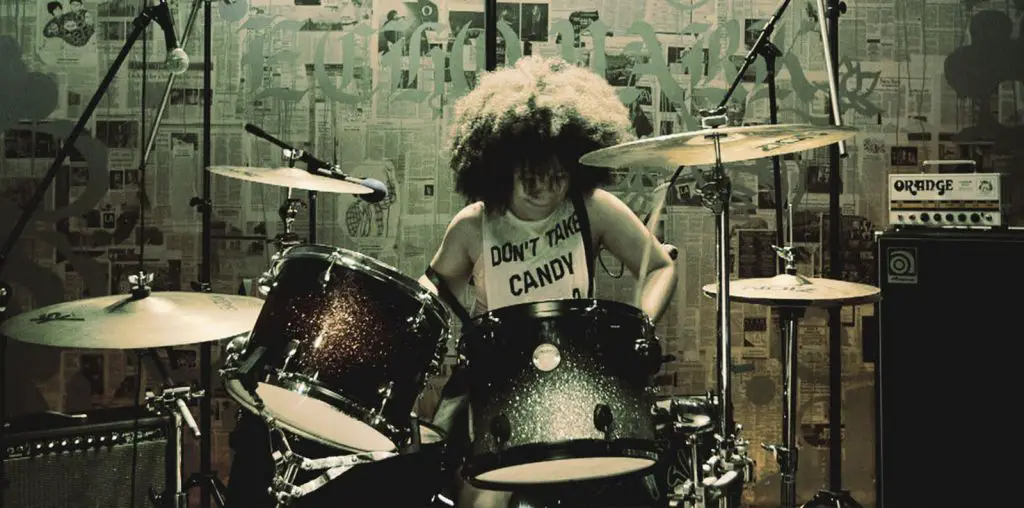
The creation of short films inevitably lapses into a Three Bears-worthy scenario: either the short is too overstuffed or it is too lean. Rarely is it “just right.” Well, here is a case of a short that is more than “just right” – it is just wonderful. And even more remarkable is the fact it comes from Burundi, a country with no previous history of filmmaking.
“Bigger Plans” is Cynthia Niyonsaba’s 11-minute study of a young man who needs to question family loyalty over individual ambition. Moma (an appealing Landry Nshimye) is a young man working as a bartender in order to save money for his delayed college education. Moma wants to be an architect, and he practices the craft by tracing housing schematics on cocktail napkins in between shifts.
Moma has been able to save a considerable sum, and he feels that he is within grasp of paying for his tuition. However, he is assaulted by a pair of requests for his funds: a fellow bartender insists that Moma’s money should be spent at a wild party that is allegedly in the works, while his mother (a school teacher raising Moma and two sisters as a single parent) would rather see the money be used to buy a lot where she can build a home for her family (they are currently living in a cramped apartment).
For Moma, the challenge arises on how to address these inquiries for his hard-earned cash. His co-worker’s scheme is easy enough to swat away, but his mother makes an emotional plea to put family unity ahead of personal ambitions. Is Moma able to swat that away?
“Bigger Plans” rarely erupts into melodrama, which is a surprise given the emotional issue facing Moma. Instead, it addresses its subject with a maturity and grace that allows the brief story to enjoy substantial depth. When Moma reaches his difficult conclusion, it comes as an epiphany instead of a blow. The result is a work that can easily challenge the viewer to debate this course of action while retaining respect for Moma.
The beauty of “Bigger Plans” stands in stark contrast to too many American-made shorts that seem to feed on commotion, attitude, flippancy and puerility. In “Bigger Plans,” the young adult lead character acts like an adult and not a youngster. On this side of the Atlantic, it often appears that young adults act like youngsters instead, with nary a trace of adulthood outside of their physical appearance. “Bigger Plans” can be considered as a film for grown-ups – and, perhaps, a lesson for those who need to grow up.
“Bigger Plans” was created as part of the Burundi Film Center, a media project designed to introduce filmmaking in that East African nation. If “Bigger Plans” is any indication, it is off to a stunning start.

